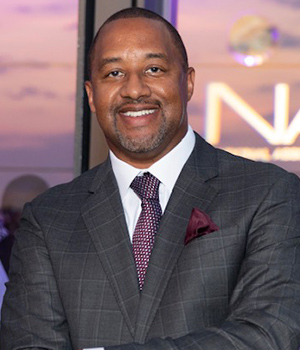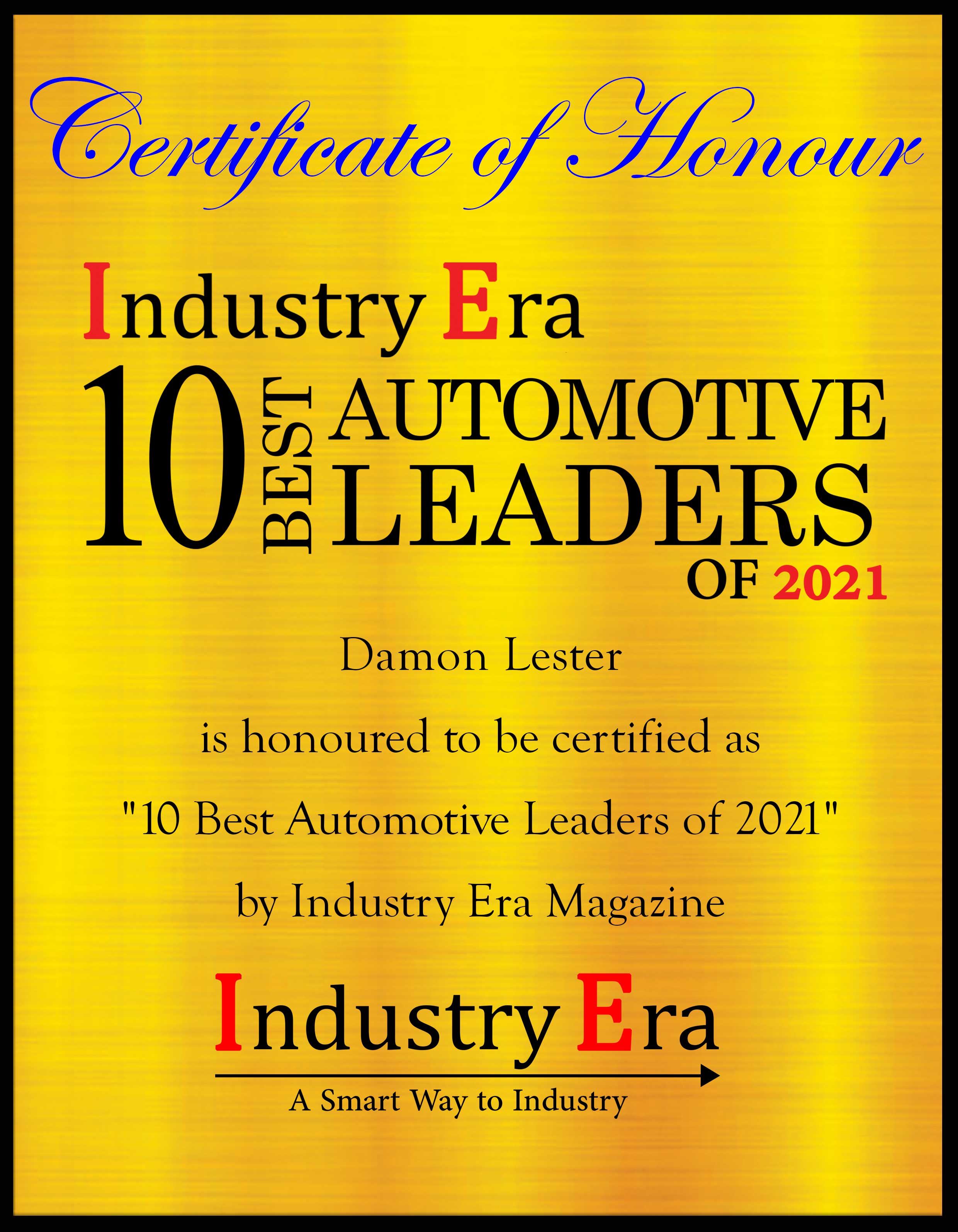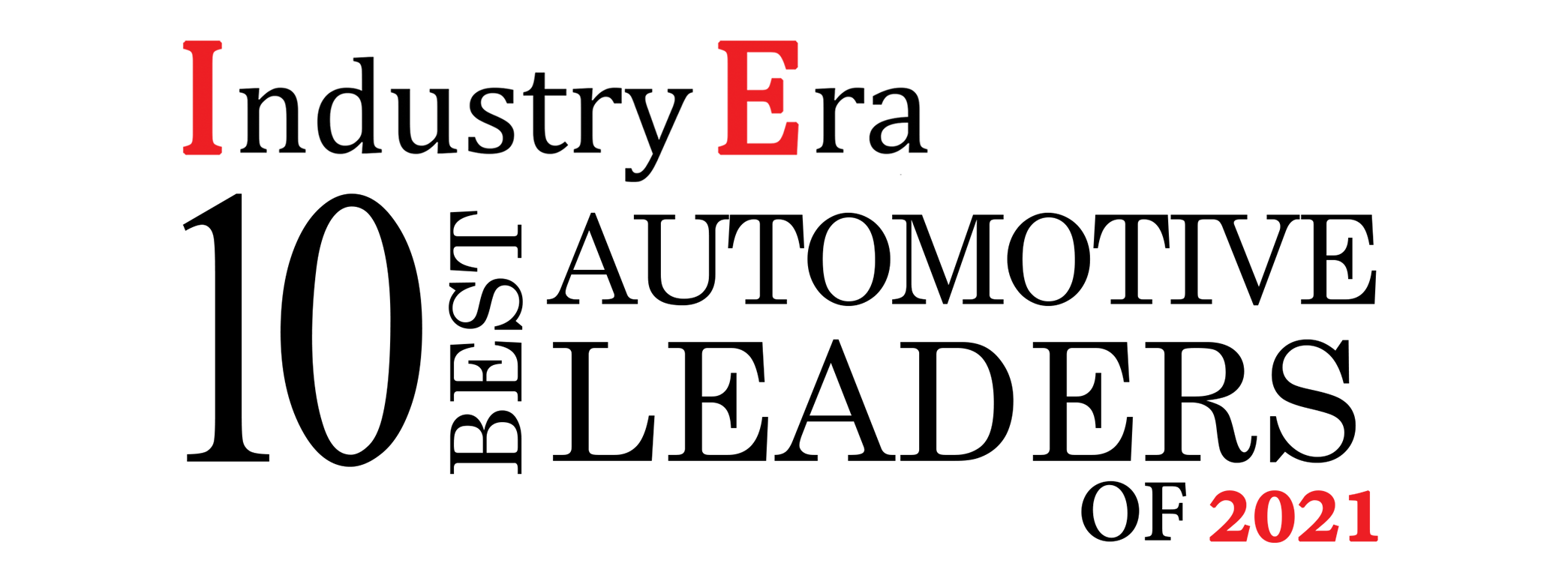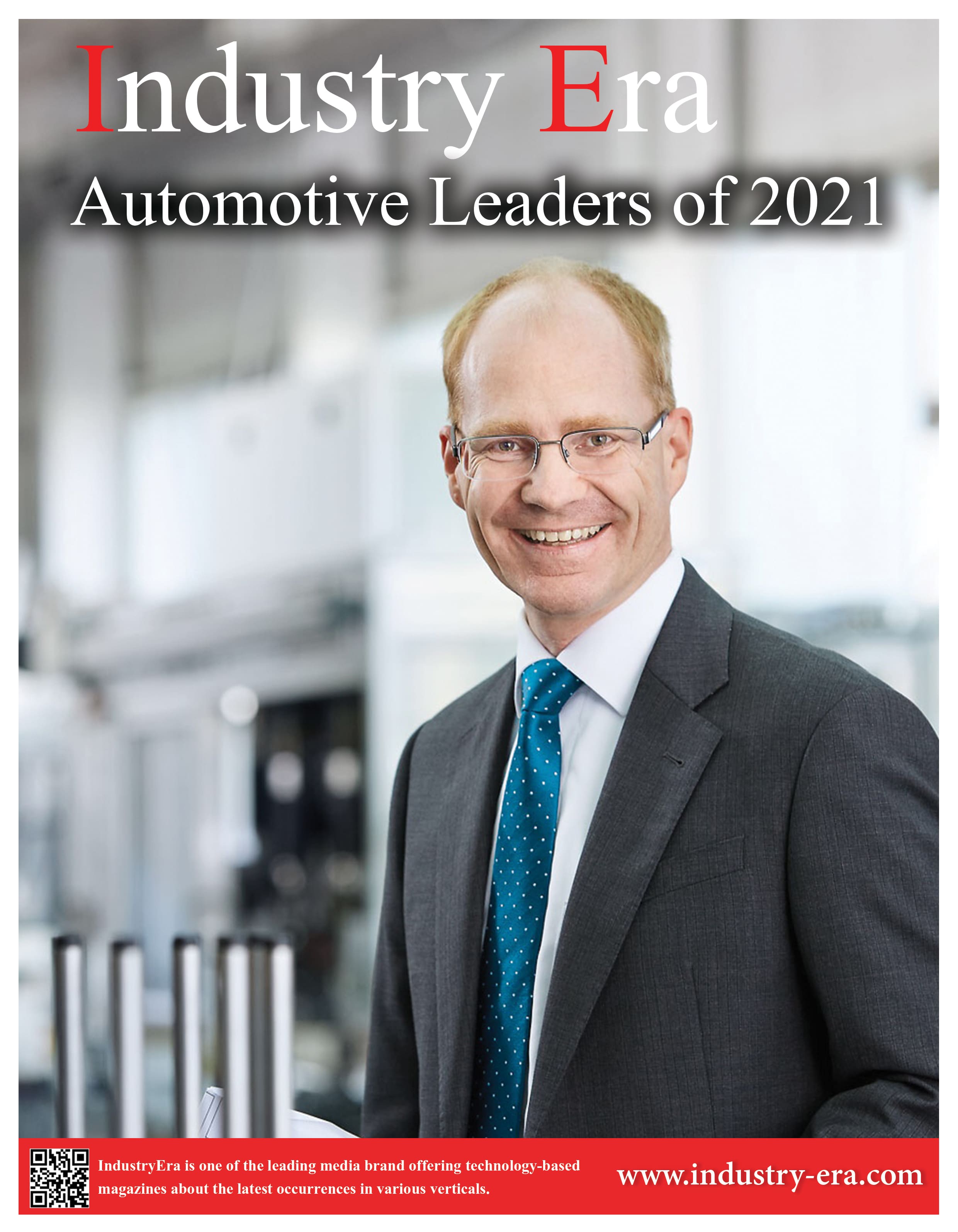
Damon Lester
President of National Association of Minority Automobile Dealers

“Advocates For Diversity in Automotive Industry”
Today, customers from minority dealerships, namely African American, Latino, Asia, and Native American, face sustainability and growth. From a sustainability standpoint, they have an issue with succession no different from any non-minority dealer, as most dealers are the first generation. There is a need to retain and sustain minority dealerships, and the National Association of Minority Automobile Dealers (NAMAD) is working towards the same.
They are creating a next-gen organization by trying to rope in the existing dealers' children and individuals who aspire to become a dealer. Together, that group has been working well, educating them on the importance of succession. “Most of them are not in the industry; we are trying to show them opportunities for growth in our industry along with the entrepreneurship opportunities,” says Fernando Varela, Chairman of NAMAD.
NAMAD was formed during the recession in 1980 during Chrysler bailout. During that time the economy affected all dealership owners particularly minority dealerships specifically were on the verge of going out of business because of high inflation and gas prices. And there was a need for an organization that could fulfill the needs of the minority business community. And that was when NAMAD was created after President Carter’s executive order minority dealers could receive benefits from the Direct Loan program—created to provide direct loans to dealerships. It was an organization founded to advocate for the increased number of minority dealerships in the country. Currently, there are over 18,000 new car dealerships, and ethnic minorities own only 1250.
“NAMAD wants to make sure that people understand that there's a business case for diversity, equity, and inclusion in the industry and that this is a need. ”
NAMAD wants to continue building relationships, and those relationships range from working with every automotive manufacturer as it relates to diversity, equity, and inclusion initiatives. It also includes building relationships strategically with financial institutions in order larger banks. Alongside ensuring those strategies are also continuing to work on NAMAD’s advocacy at both the federal and state legislative arenas to ensure that the organization’s message is brought forth and that elected officials understand the plight and challenges minorities have in the industry. “We want to advocate the business case for diversity and inclusion on a global scale, particularly as it relates to minority ownership within the dealership ranks,” says Fernando.
NAMAD’s objective is to pursue the meaningful presence and participation of minority businesses and diverse employees across all aspects of the automotive economic sector, including:
• Increasing the number of minority-owned dealerships in communities across America.
• Advocating workplace and supplier diversity in the automotive manufacturing environment.
• Supporting minority engagement in the automotive retail sales and service sectors.
They are committed to developing strategic relationships and advocating for advancing business policies and practices that ensure diversity and economic parity remain a priority in all aspects of the American automotive industry.
NAMAD wants to make sure that people understand that there's a business case for diversity, equity, and inclusion in the industry and that this is a need. “Out of the 17,000,000 vehicles sold in 2019, 30% of that, 7,000,000 purchases were purchased by minority consumers. And so that's a significant amount of market share that that we all and every manufacturer, every dealership needs to pay attention to as that number of gaining market share will continue to grow.”
For the days to come, NAMAD will continue to be at the forefront of providing the business case for diversity and equity, and inclusion. They will continue to work with manufacturers, banks, and other key stakeholders to provide viable opportunities in all aspects of the auto industry. “I think for us, we need to continue to keep the word out, continue to put the pressure on and continue to make and bring every executive of every manufacturer, towards the commitment of diversity and, increase the minority dealer ranks and also their commitment to make sure that this industry can enhance itself in the days to come,” adds Fernando.IE

Company
Management
Damon Lester
President of National Association of Minority Automobile Dealers
Description
The National Association of Minority Auto Dealers (NAMAD) founded in 1980 and led by African American, Latinos, and Asian/Pacific Islanders is based in Lanham, Maryland and represents ethnic minority automobile dealers in the United States. Currently, there are a total of 19,000 new automobile dealerships of which less than 1,200 or 5% are owned by ethnic minorities.

